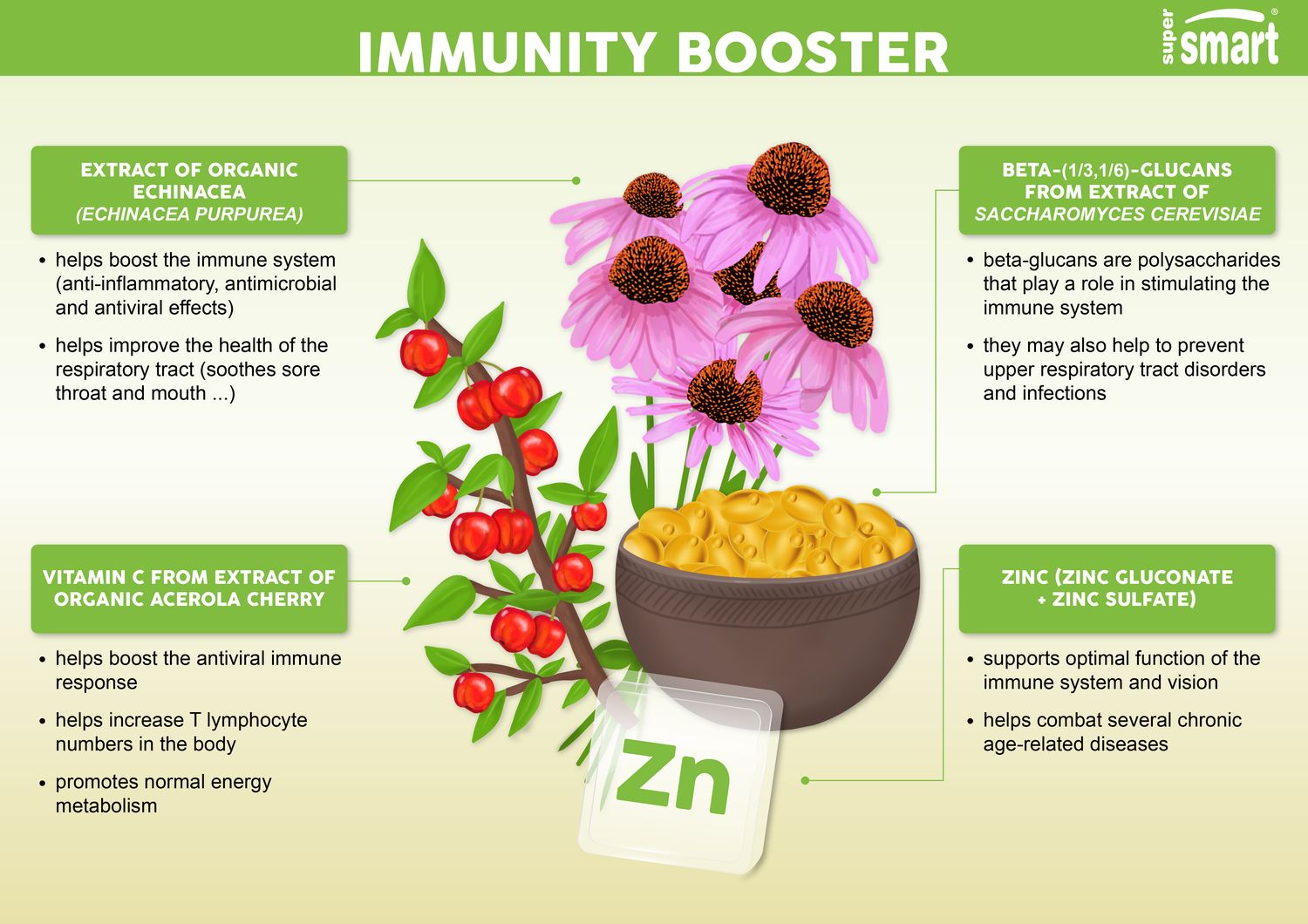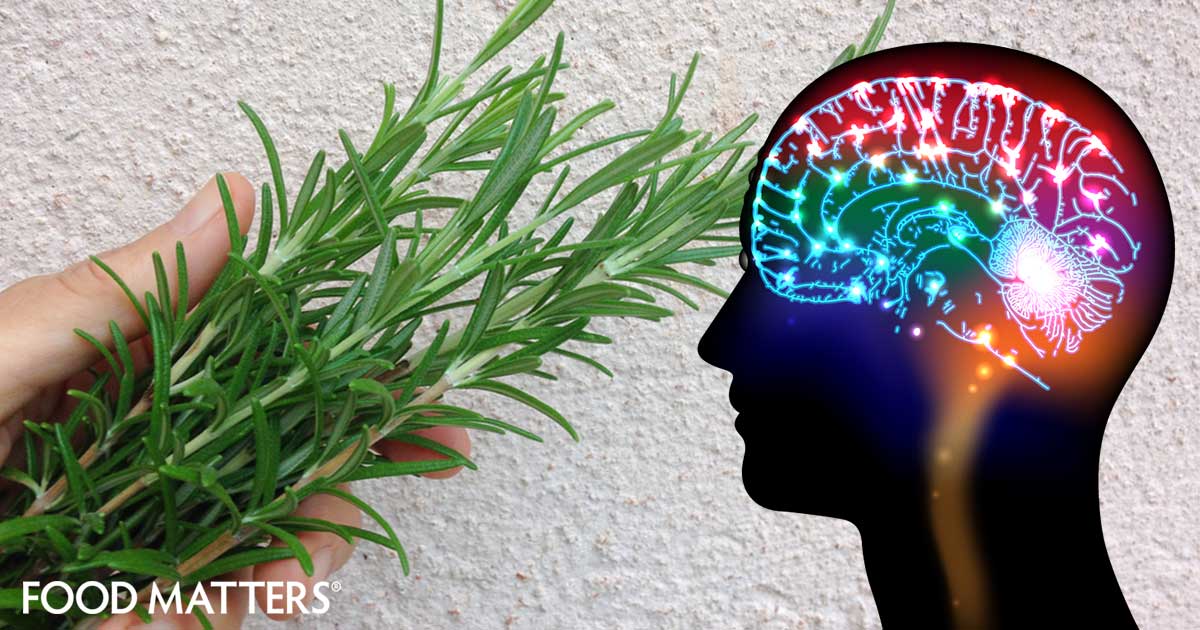Top Herbal Supplements: Top Herbal Supplements For Improving Brain Function And Memory

Herbal supplements offer a potential avenue for enhancing cognitive function and memory. While scientific evidence supporting their efficacy varies, many have been used traditionally for these purposes and continue to be explored for their potential benefits. It’s crucial to remember that these supplements should not replace medical advice or treatment for cognitive impairment. Always consult with a healthcare professional before starting any new supplement regimen.
Ginkgo Biloba: Traditional Uses and Effects on Cognition
Ginkgo biloba, derived from the leaves of the Ginkgo biloba tree, boasts a long history of use in traditional Chinese medicine. For centuries, it has been employed to improve circulation and address various cognitive concerns, including memory loss and reduced mental acuity. Modern research explores its potential to enhance cognitive function, particularly in individuals experiencing age-related cognitive decline. However, the extent of its effectiveness remains a subject of ongoing investigation, with studies yielding mixed results. Some research suggests potential benefits for specific cognitive functions, such as memory and attention, while other studies have found little to no significant impact.
Ginkgo Biloba: Active Compounds and Mechanisms of Action
The purported cognitive benefits of Ginkgo biloba are often attributed to its active compounds, primarily ginkgolides and bilobalides. Ginkgolides are terpenoids believed to possess antioxidant and anti-inflammatory properties, potentially protecting brain cells from damage. Bilobalides, another class of terpenoids, may influence blood flow and improve circulation in the brain. The exact mechanisms by which these compounds contribute to improved cognitive function are not fully understood, and further research is needed to clarify their roles. The proposed mechanisms include improved blood flow to the brain, reduced oxidative stress, and enhanced neurotransmission.
Ginkgo Biloba Compared to Bacopa Monnieri
Both Ginkgo biloba and Bacopa monnieri are frequently promoted for their potential cognitive-enhancing effects. However, they differ in their purported mechanisms of action and the specific cognitive functions they may influence. While Ginkgo biloba is primarily associated with improved blood flow and antioxidant protection, Bacopa monnieri is thought to enhance neurotransmission and promote the growth of neurons. Studies comparing the two have yielded mixed results, with some suggesting that Bacopa monnieri may be more effective for improving memory consolidation, while Ginkgo biloba may show more promise for attention and processing speed. The optimal choice between these supplements depends on individual needs and preferences, and should be guided by a healthcare professional.
Infographic: Potential Benefits and Risks of Ginkgo Biloba Supplementation
The infographic would be visually appealing, using icons and a clear layout. A central image of a Ginkgo Biloba leaf would be prominent. One section would detail potential benefits, including improved memory, enhanced concentration, increased blood flow to the brain, and antioxidant protection. These would be accompanied by small icons representing each benefit (e.g., a brain for memory, a magnifying glass for concentration). Another section would Artikel potential risks, such as gastrointestinal upset, headaches, bleeding (especially when combined with blood thinners), and drug interactions. These would be illustrated with icons depicting these potential side effects (e.g., a stomach with an X for gastrointestinal issues, a bleeding drop for bleeding risk). A disclaimer would emphasize the importance of consulting a healthcare professional before use and would highlight the need for further research to confirm the efficacy and safety of Ginkgo Biloba for specific conditions. A small table could compare Ginkgo Biloba to a placebo in terms of efficacy and side effects based on available research data. Finally, a section on dosage recommendations and usage instructions would be included, accompanied by a cautionary note about potential interactions with other medications.
Top Herbal Supplements: Top Herbal Supplements For Improving Brain Function And Memory

Herbal supplements offer a diverse range of potential benefits for overall health and well-being, including cognitive function and memory enhancement. Many of these supplements have been used for centuries in traditional medicine systems, and modern research is beginning to uncover the scientific basis for their effects. This section explores the potential cognitive benefits of Lion’s Mane mushroom, a popular herbal supplement.
Lion’s Mane Mushroom: Neuroprotective Effects and Bioactive Compounds
Lion’s Mane mushroom ( *Hericium erinaceus*) is a medicinal mushroom with a long history of use in traditional Chinese and Japanese medicine. It has been traditionally used to support the nervous system and improve cognitive function. Modern research suggests that Lion’s Mane’s neuroprotective effects may be due to its unique bioactive compounds. These compounds, primarily various types of polysaccharides and triterpenes, are believed to stimulate nerve growth factor (NGF) production. NGF plays a crucial role in the growth, maintenance, and survival of neurons, particularly in the brain and nervous system. This NGF stimulation is thought to be a key mechanism underlying Lion’s Mane’s purported cognitive benefits.
Potential Benefits of Lion’s Mane Mushroom for Cognitive Function
Several studies suggest potential benefits of Lion’s Mane mushroom for cognitive function, although more large-scale, high-quality clinical trials are needed to confirm these findings. The following potential benefits are supported by preliminary research:
Top herbal supplements for improving brain function and memory – Research indicates that Lion’s Mane may offer several benefits for cognitive function. These potential benefits warrant further investigation, as larger and more rigorous clinical trials are needed to fully establish their efficacy and safety. It’s crucial to remember that individual responses to supplements can vary.
- Improved Cognitive Function: Some studies have shown that Lion’s Mane may improve cognitive functions such as memory, concentration, and focus. These effects are often attributed to the mushroom’s ability to stimulate NGF production.
- Neuroprotection: Lion’s Mane’s potential to stimulate NGF production may contribute to its neuroprotective effects, potentially helping to protect against age-related cognitive decline and neurodegenerative diseases.
- Reduced Symptoms of Mild Cognitive Impairment: Preliminary research suggests that Lion’s Mane may help alleviate some symptoms of mild cognitive impairment, although more research is needed in this area.
- Anxiety and Depression Reduction: Some studies suggest a potential link between Lion’s Mane consumption and a reduction in anxiety and depression symptoms, possibly due to its effects on the nervous system.
Lion’s Mane Mushroom Preparation Methods and Bioavailability
The method of preparation significantly impacts the bioavailability of Lion’s Mane’s bioactive compounds.
Different preparation methods affect the bioavailability of Lion’s Mane’s beneficial compounds. Choosing the right form depends on individual preferences and the desired outcome. Always consult a healthcare professional before using Lion’s Mane, especially if you have underlying health conditions or are taking other medications.
- Extract: Lion’s Mane extracts are concentrated forms of the mushroom, typically containing higher levels of bioactive compounds. This often leads to increased bioavailability compared to consuming the whole mushroom or powder. Extracts are often standardized to ensure consistent levels of specific compounds.
- Powder: Lion’s Mane powder is made from dried and ground mushroom. It’s a convenient way to incorporate the mushroom into food and drinks, but the bioavailability of its compounds might be lower than that of extracts. The powder form offers a more natural approach compared to extracts.
- Whole Mushroom: Consuming whole Lion’s Mane mushrooms, such as in culinary preparations, provides a natural source of the mushroom’s compounds. However, the bioavailability of these compounds may be the lowest compared to extracts or powder, depending on cooking methods and digestion.
Top Herbal Supplements: Top Herbal Supplements For Improving Brain Function And Memory

Exploring the world of herbal supplements for brain health can feel overwhelming, but understanding the potential benefits and risks of each can empower you to make informed choices. This section focuses on Rhodiola Rosea, a popular adaptogen with a growing body of research supporting its cognitive benefits.
Rhodiola Rosea: Effects on Stress Reduction and Cognitive Performance
Rhodiola Rosea, a flowering plant from cold regions, has a long history of traditional use in folk medicine. Traditionally, it’s been employed to combat fatigue, improve mood, and enhance mental performance. Modern research suggests that these traditional uses are rooted in its adaptogenic properties, meaning it helps the body adapt to stress. Studies indicate that Rhodiola Rosea may work by influencing neurotransmitters such as serotonin and dopamine, which play crucial roles in mood regulation and cognitive function. The purported effects on cognitive performance include improved memory, focus, and reduced mental fatigue, particularly under stressful conditions. Its mechanism involves potentially reducing cortisol levels (the stress hormone) and enhancing the body’s ability to cope with stressors, thus indirectly benefiting cognitive processes.
Rhodiola Rosea’s Impact on Mood, Memory, and Mental Fatigue
Several studies have explored Rhodiola Rosea’s impact on mood, memory, and mental fatigue. Some research suggests that it can improve symptoms of depression and anxiety, likely through its modulation of neurotransmitter activity. Regarding memory, studies have shown potential improvements in working memory and cognitive function, especially in individuals experiencing mental fatigue. However, the results have been varied, and more large-scale, high-quality studies are needed to confirm these effects conclusively. The improvements in mental fatigue are often reported as a reduction in feelings of exhaustion and an increase in mental stamina, which can positively impact daily tasks and cognitive performance. It’s important to note that the effectiveness can vary depending on the individual, dosage, and the specific Rhodiola Rosea extract used.
Comparison of Rhodiola Rosea with Other Adaptogenic Herbs for Cognitive Enhancement
Rhodiola Rosea is often compared to other adaptogenic herbs like Ashwagandha and Ginseng for cognitive enhancement. While all three are touted for their stress-reducing and cognitive-boosting properties, they may exert their effects through different mechanisms. Ashwagandha, for instance, is known for its impact on cortisol regulation and its potential anxiolytic effects, while Ginseng is associated with improved energy levels and cognitive function. Direct comparisons between these herbs are challenging due to variations in study designs and extract standardization. The optimal choice depends on individual needs and preferences, and it’s often recommended to consult with a healthcare professional before combining or substituting these herbs.
Potential Side Effects and Precautions Related to Rhodiola Rosea Supplementation, Top herbal supplements for improving brain function and memory
While generally well-tolerated, Rhodiola Rosea can have potential side effects in some individuals.
- Dry mouth
- Upset stomach
- Dizziness
- Insomnia (especially when taken later in the day)
- Increased anxiety (in some individuals)
It’s crucial to start with a low dose and gradually increase it as tolerated. Individuals with certain medical conditions, such as heart conditions or those taking medications, should consult their doctor before using Rhodiola Rosea supplements. Additionally, pregnant or breastfeeding women should avoid Rhodiola Rosea due to a lack of sufficient safety data. It’s also advisable to choose high-quality supplements from reputable manufacturers that provide third-party testing results to ensure purity and potency.



:max_bytes(150000):strip_icc()/VWH_Illustration_10-Healing-Herbs-With-Medicinal-Benefits_Illustrator_Mira-Norian_Title_Final-47ce13013375448c9e8e7e8c21fb50f7.jpg)

